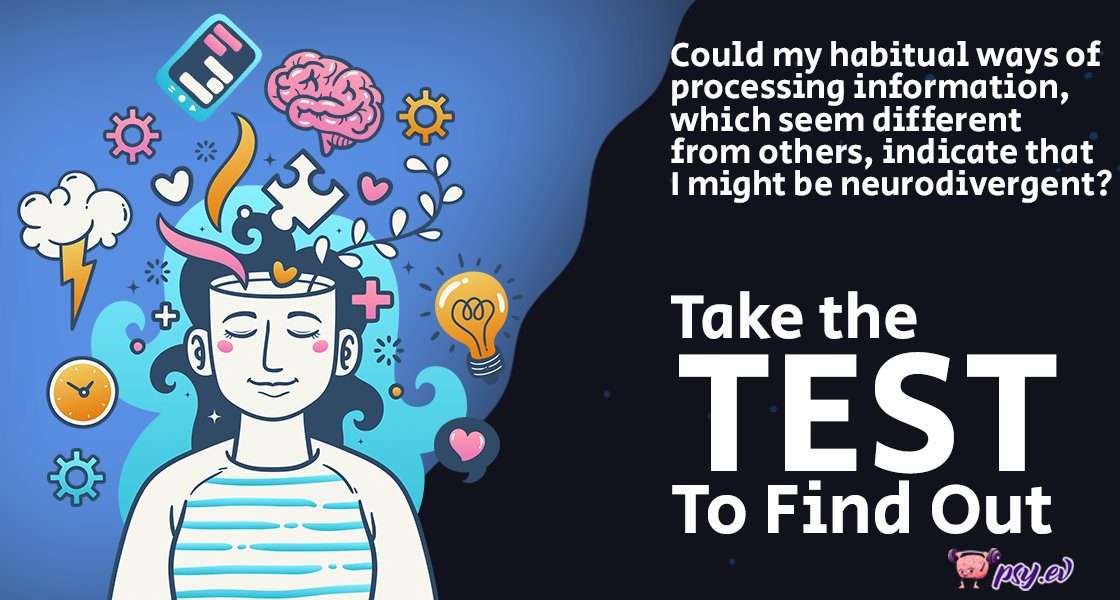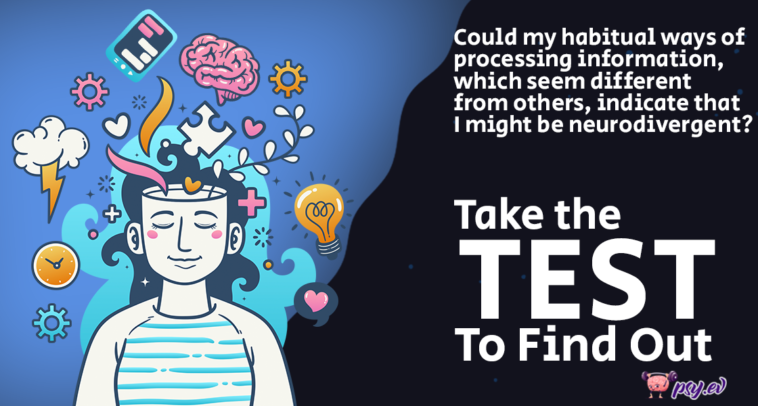While everyone is unique, the typical person is anticipated to reach the developmental milestones set by society for brain functioning, behaviors, and processing. The brain activities of people who deviate either little or severely from these limits might be categorized as neurodivergent.
People who are neurodivergent can communicate differently or interpret sensory data in various ways. The term neurodivergent may also refer to various disorders, including ADHD, autism, dyslexia, OCD, and SPD.
Neurodivergent Signs and Causes
Neurodivergence views neurological differences as common variations rather than pathological conditions. While it is not a medical term, the categorization is becoming more common and is particularly beneficial in establishing universally accessible communities, businesses, and educational institutions.
Brain activity in a neurotypical person follows predicted patterns. On the other hand, neurodivergent refers to an individual's brain that shows different ways of thinking and processing. You may learn more about which category best represents your brain processes by taking the neurodivergent test.
Individuals who are neurodivergent have unique brain functions compared to common or neurotypical individuals. The difference in brain function and thought patterns may be due to disorders such as ADHD, autism spectrum disorder, bipolar disorder, dyslexia, OCD, Tourette syndrome, and more
The disorders mentioned above can affect one’s brain functioning. Therefore, the neurodivergent test attempts to ascertain if you have any symptoms typical of such disorders, and by extension, of being neurodivergent. The findings depend on the answers you have selected.
A neurodivergent person's brain operates differently from the brains of most people. They may also possess various traits and qualities, including enhanced creativity, superior computing abilities, and high levels of perception.
Since neurodivergent encompass numerous mental health disorders, the common causes for all disorders are genetics, childhood trauma, or environmental factors.
How to Pursue Neurodivergence
Mental health is a problem for many individuals, and neurodivergent individuals are no different. That said, such individuals can live a healthy, happy life.
Moreover, recognizing the enormous heterogeneity of the human brain and the effects these variations might have is the very essence of neurodiversity. Altering the surroundings or creating a plan that better fits the disorder may be part of the treatment.
To meet the needs of people with neurodivergent mental health, promoting inclusive language, increasing understanding of these disorders, and removing societal constraints that contribute significantly to stress are important.
Additionally, neurodiversity-affirming therapy is an approach to treatment and underlying philosophy that influences how the therapist perceives the client and their experience. When a therapist affirms neurodiversity, they acknowledge that the condition is not a flaw or sickness that has to be fixed.
Instead of changing the way a neurodivergent individual thinks, neurodiversity therapists emphasize the treatment of embracing and appreciating neurodivergent brains. As a result, advocacy work for approaches other than applied behavioral analysis (ABA), which aims to make neurodivergent persons act more like neurotypical people.
Acceptance is the greatest approach to helping neurodivergent people. Recognize that their needs and perspectives may differ from yours and that they could find it difficult to do things that seem simple or routine to you. Additionally, they can require environmental modifications due to sensory demands.
On the other hand, if a child is neurodivergent, the best treatment is to give unconditional acceptance. Celebrate the kid for who they are, not for what society would have expected a neurotypical youngster to be. Work with their differences rather than against them and be inquisitive to learn more about them.


